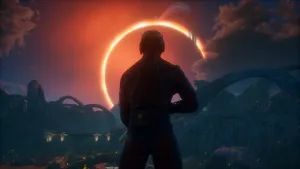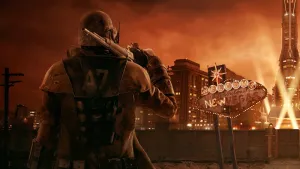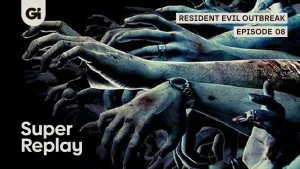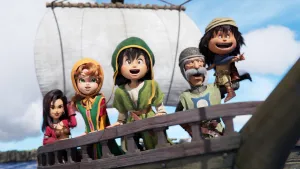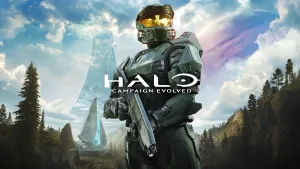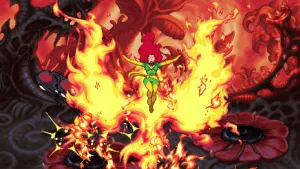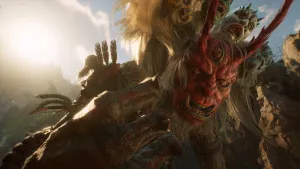Defending Mario – Why Mario’s Story is Better Than You Thought
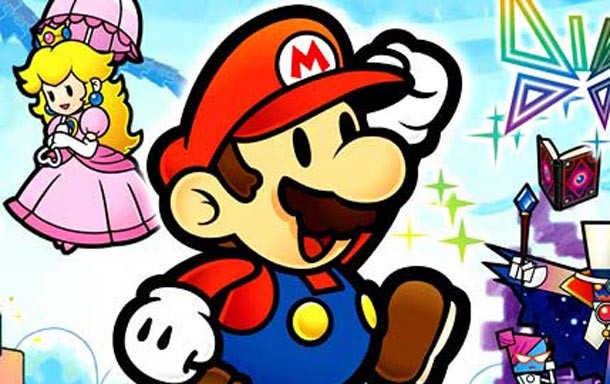
The original Super Mario Bros. didn’t go out of its way to tell a compelling narrative. Even so, as a kid, I knew a few things about the game. I knew Mario was lost in some kind of weird pipe world. I knew he had to fight his way through an army of shiitake mushrooms and flying turtles lead by King Koopa. And I knew that the evil dinosaur had my princess. Even as a kid, I knew Mario’s story was terrible on the surface.
What I didn’t know was how good Mario’s story was once you took a deeper look.
I argue that the story of Super Mario Bros. is good because it encapsulates a very powerful theme that resonates with every human on the planet.
Those familiar with the works of the mythologist Joseph Campbell may know where I’m going with this. Throughout history, our fictional heroes have had many faces (Hercules, Lancelot, Zorro, Spider-Man, Master Chief). And even though their stories may be different, the same themes can be found threaded through them all. There is a reason Homer’s Odyseey, Tolken’s Lord of the Rings, and Lucas’s Star Wars all hit some of the same notes regarding good, evil, love, hope, and sacrifice. Those stories hold meaning to us. They tell us what we think is important.
With the classic hero’s journey so well established in our fiction, it doesn’t take much to conjure up an emotional response.
By the time we are old enough to swing an invisible sword in our backyard we understand the need for a hero. I can’t tell you how many of my backyard childhood adventures involved rescuing a princess. Or a Mary Jane Watson. Or a Daphne Blake. Or an April O’Neil. (Maybe I just had a thing for redheads.) The point is, Mario’s story was nothing new. I knew a hero was supposed to rescue the princess. No one had to explain it to me. I didn’t need a story to tell me why I should save Princess Toadstool (excuse me, Peach). I just needed to live through that adventure. I needed to have the experience for myself.
The strength of Mario’s story was that we got to live out that hero’s journey ourselves.
The funny thing is, how much does an eight-year-old really understand about the complexities of right and wrong? Of the cost of victory? Of true sacrifice? Yet, without understanding the meat of these fables, we still grasp their importance. The classical trope of a hero on a journey to rescue a princess resonates very strongly within us all. We all want to be a hero the second we are old enough to understand humans are capable of anything.
We don’t need Mario’s narrative to be any stronger, because the thin premise we’re given is already so rich with meaning. Which begs the question, “why do these story’s resonate so deeply within us?” I’ll let you wrestle with that question on your own, but I will say that there must be a reason they do.

Get the Game Informer Print Edition!
Explore your favorite games in premium print format, delivered to your door.
- 10 issues per year
- Only $4.80 per issue
- Full digital magazine archive access
- Since 1991
